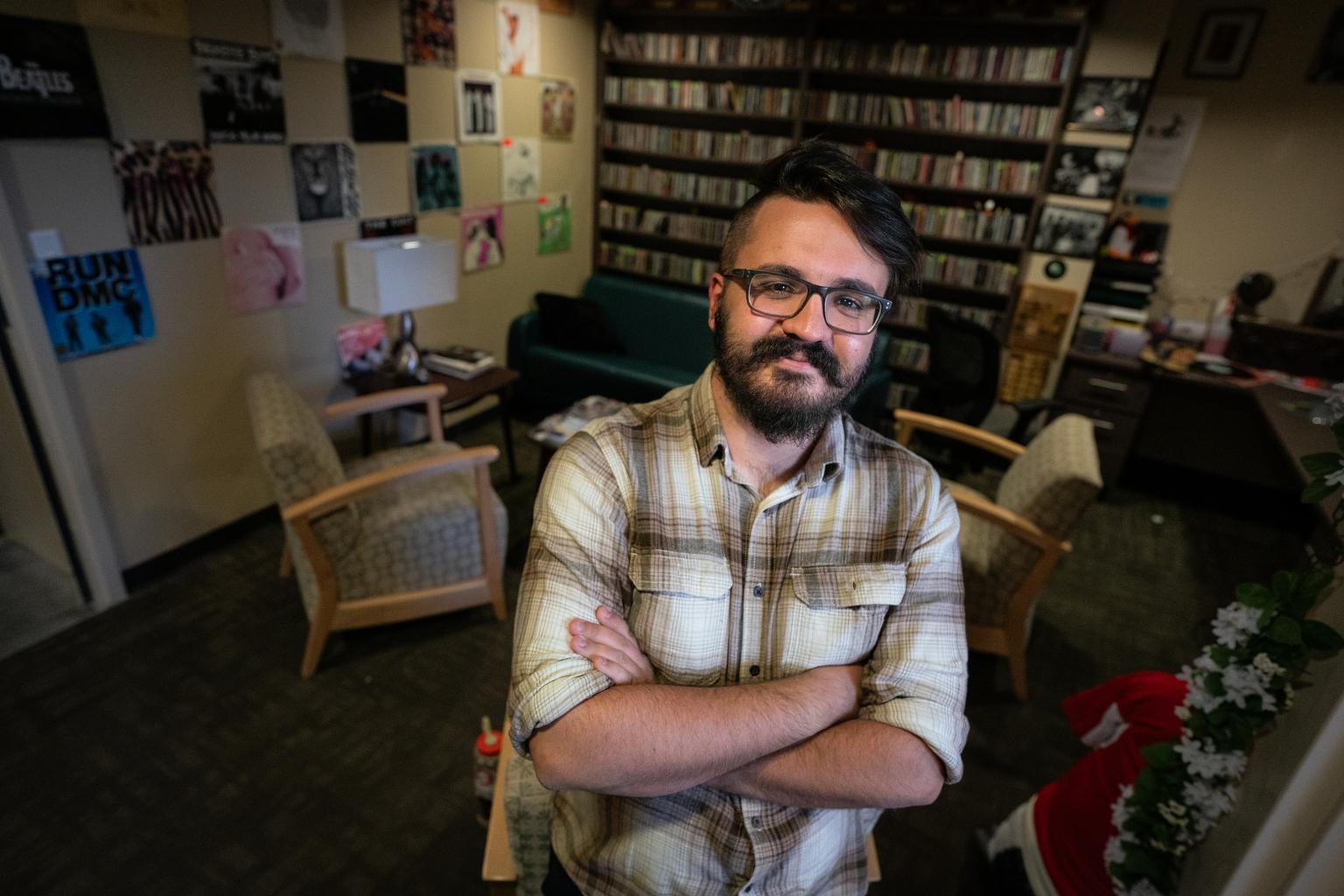
Stormy or clear skies? Why forecasting in this Colorado town so often misses the mark
Colorado’s weather is unpredictable and forecasts in mountainous parts of the state are notoriously inaccurate. One challenge is the topography and another is the cost of state-of-the-art forecasting equipment. Western Colorado University student, Fenn Garnett, wrote about the problem in his school newspaper and about efforts to improve forecasts in Gunnison, where the school is located.
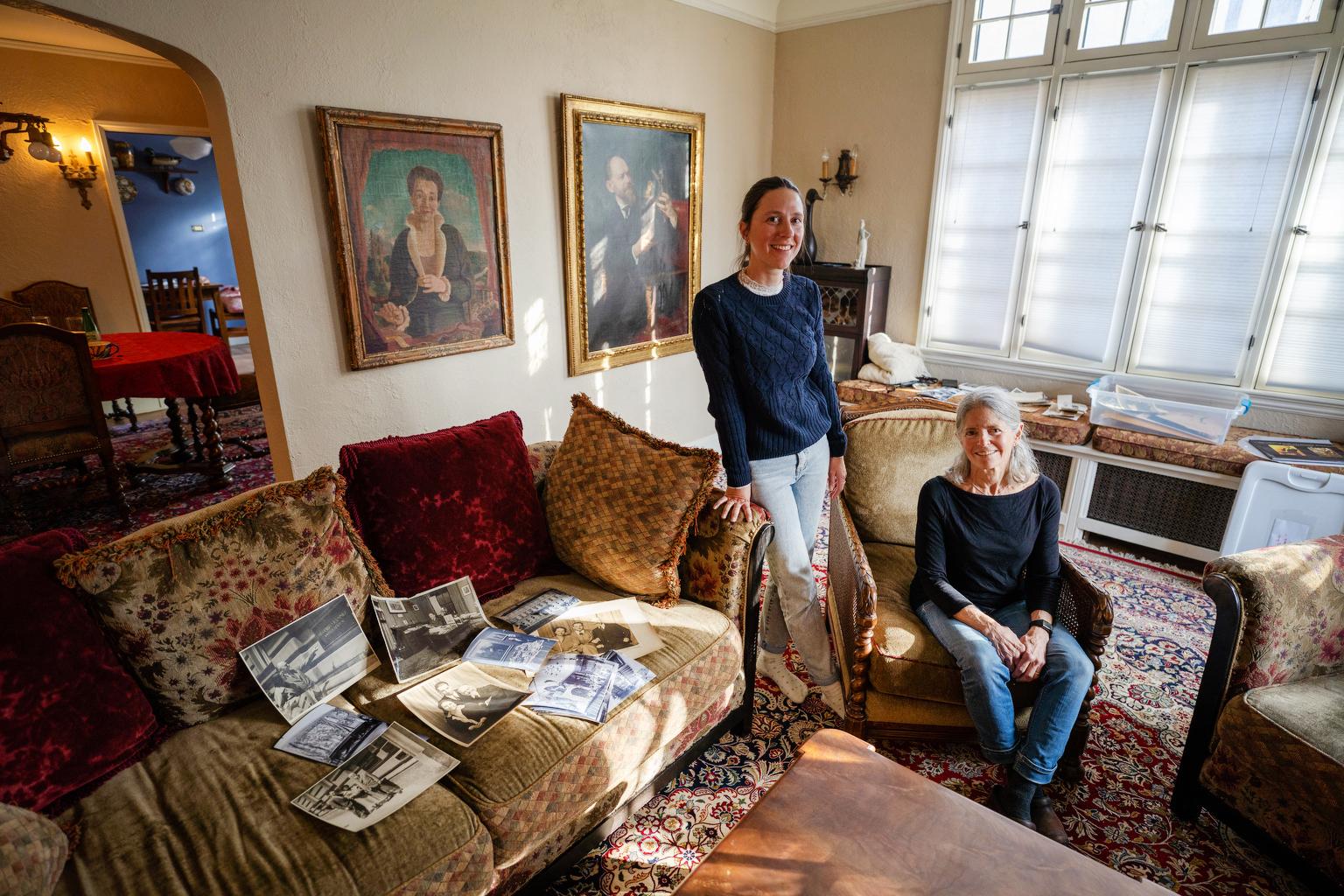
Denver woman unravels her family history through art plundered by the Nazis
Nina McGehee’s journey to uncover the art also helped her understand the emotional weight her family carried with them when they left Germany.
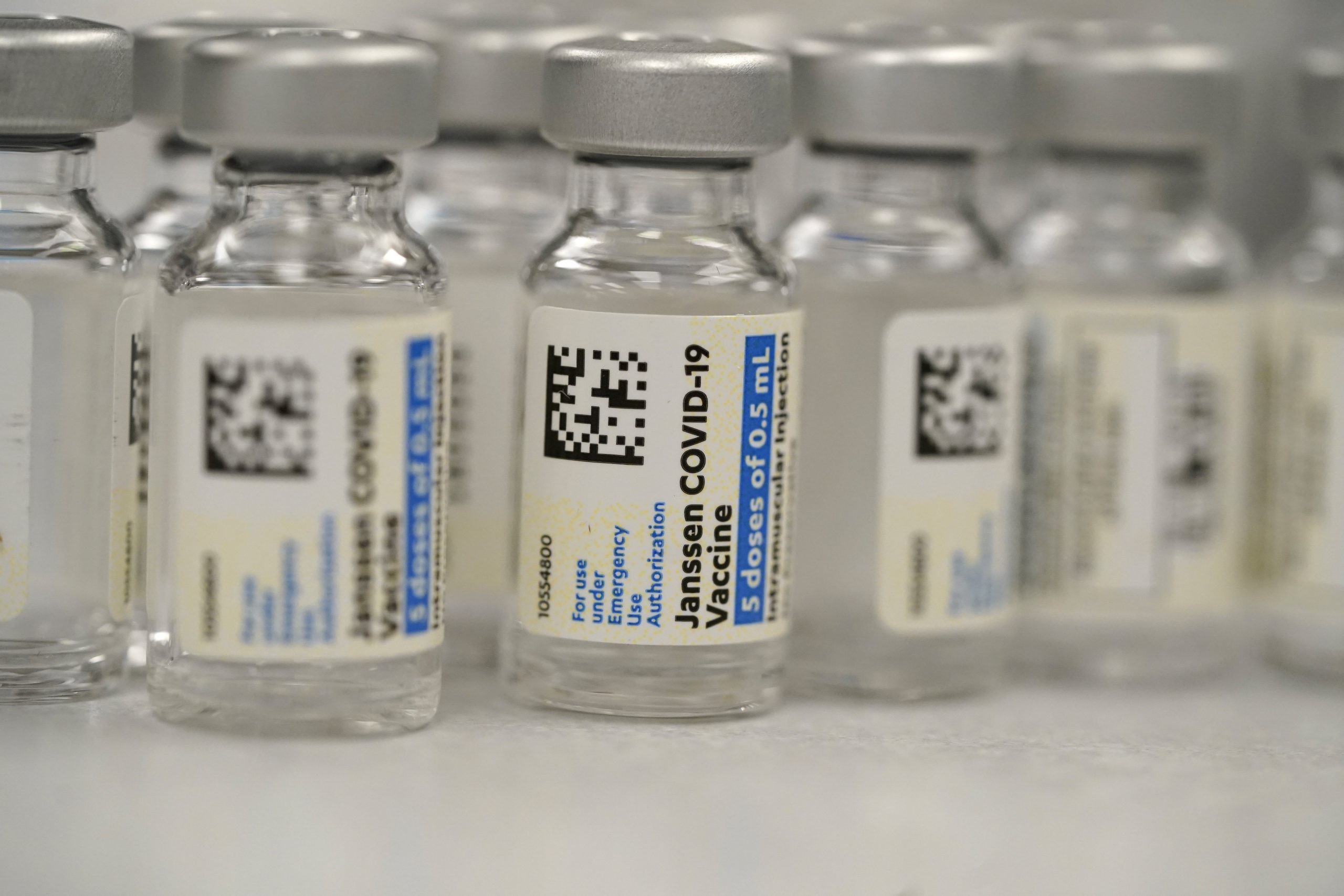
Why a Colorado doctor is concerned about the clean sweep of the nation’s vaccine advisory panel
The Trump administration says a commitment to evidence-based medicine is what drove the decision to replace members of the nation’s vaccine advisory group. That’s according to the head of Health and Human Services, Robert F. Kennedy Jr. who ousted the previous members last week. Dr. Allison Kempe, a professor of pediatrics at the University of Colorado School of Medicine served on the committee from 2013 to 2018. She talked with Colorado Matters about why she’s concerned about the overhaul and what it could mean for the future of vaccines in the US.

As fluoride comes under scrutiny, how a Colorado dentist first theorized it could help prevent tooth decay
We spoke with Dr. Bruce Dye, a professor at the University of Colorado School of Dental Medicine, about fluoride and the debate over its benefits and risks.
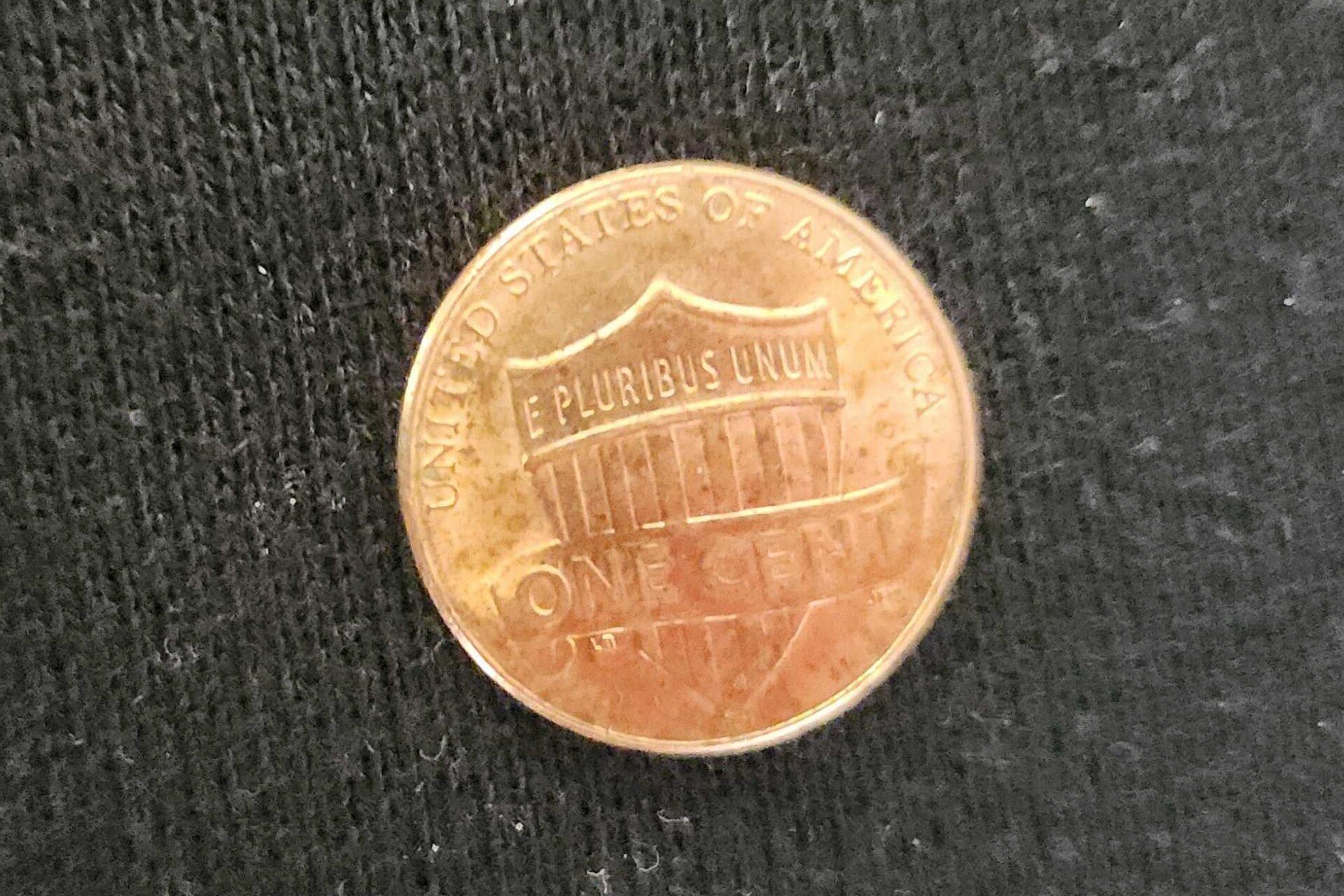
Phasing out the penny after more than two centuries
The penny will soon be no more. Well, new pennies anyway. The Treasury Department has placed its last order for blank pennies and it plans to stop minting them as soon as that supply runs out. The debate about whether to get rid of pennies has been going on for years and it has bipartisan support. It costs approximately 3.7 cents to make each penny. For context, Chandra spoke with Caroline Turco, a curator at the Money Museum in Colorado Springs in February.
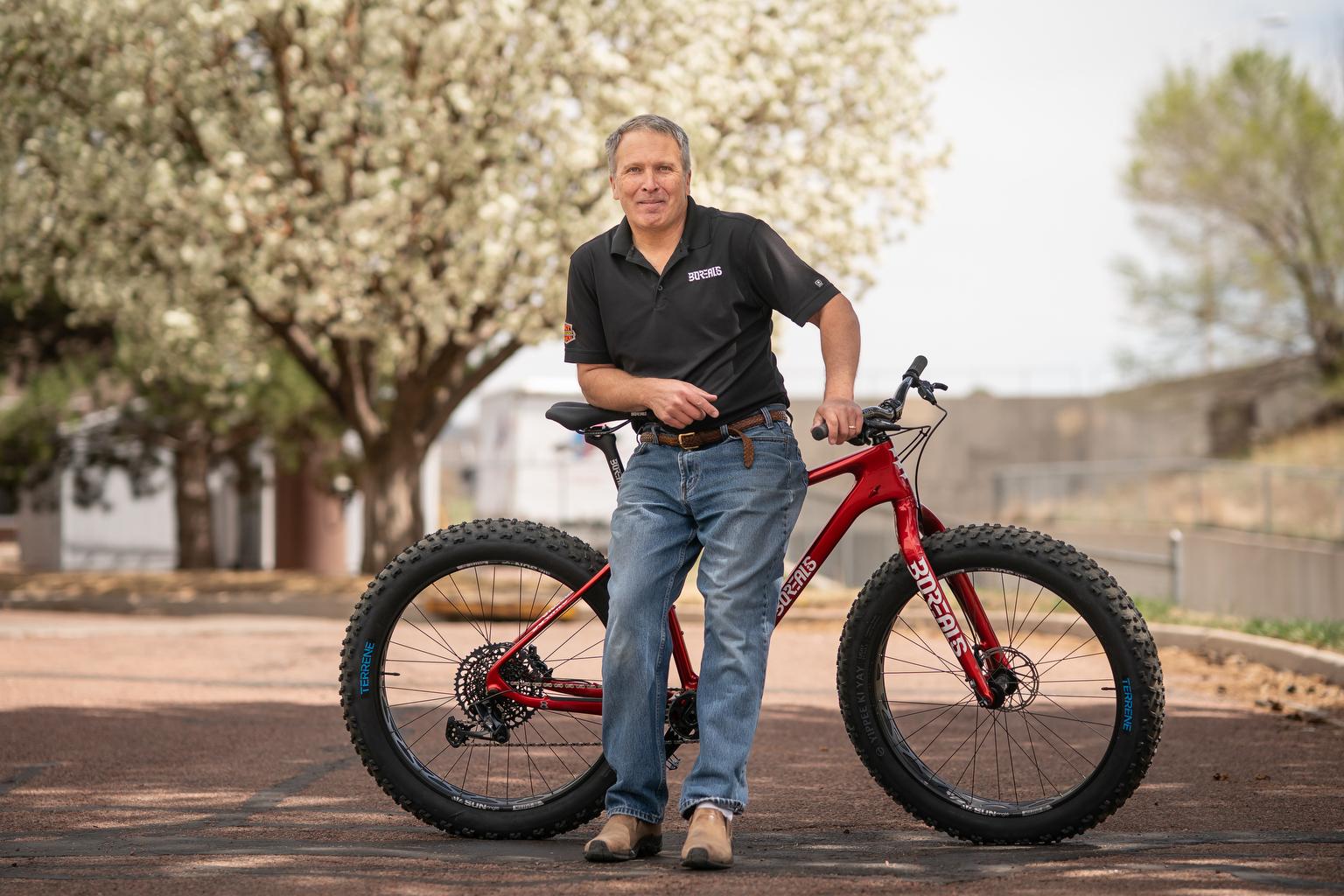
Despite tariff pause, this Colorado bike company has hit the end of the trail
“We’ve got a really good group … But I can’t keep paying them. There’s just no way to do that.”

High rise renovations: This could be your chance to live in a skyscraper that used to be a home to offices
Developers bought two towers in downtown Denver and plan to create 700 residential units with retail space on the lower floors.

‘When thunder roars, go indoors’ – how to stay safe from lightning heading into severe weather season
This is the start of severe weather season in Colorado. Most tornadoes and thunderstorms occur here between May and August. And when it comes to lightning, awareness is just as important in cities as in the great outdoors. Meteorologist Chris Vagasky is with the National Lightning Safety Council.
This audio is from a discussion that first aired on May 29, 2024.

What does it take to convert a high-rise office building into residential housing?
Office towers could become apartments. Support for the idea is building as pandemic vacancies coincide with the housing crunch. A Denver developer recently bought two downtown buildings with this in mind. What do conversions take? Josie Hyde is with architecture firm Gensler and has researched this. She spoke with Ryan Warner.
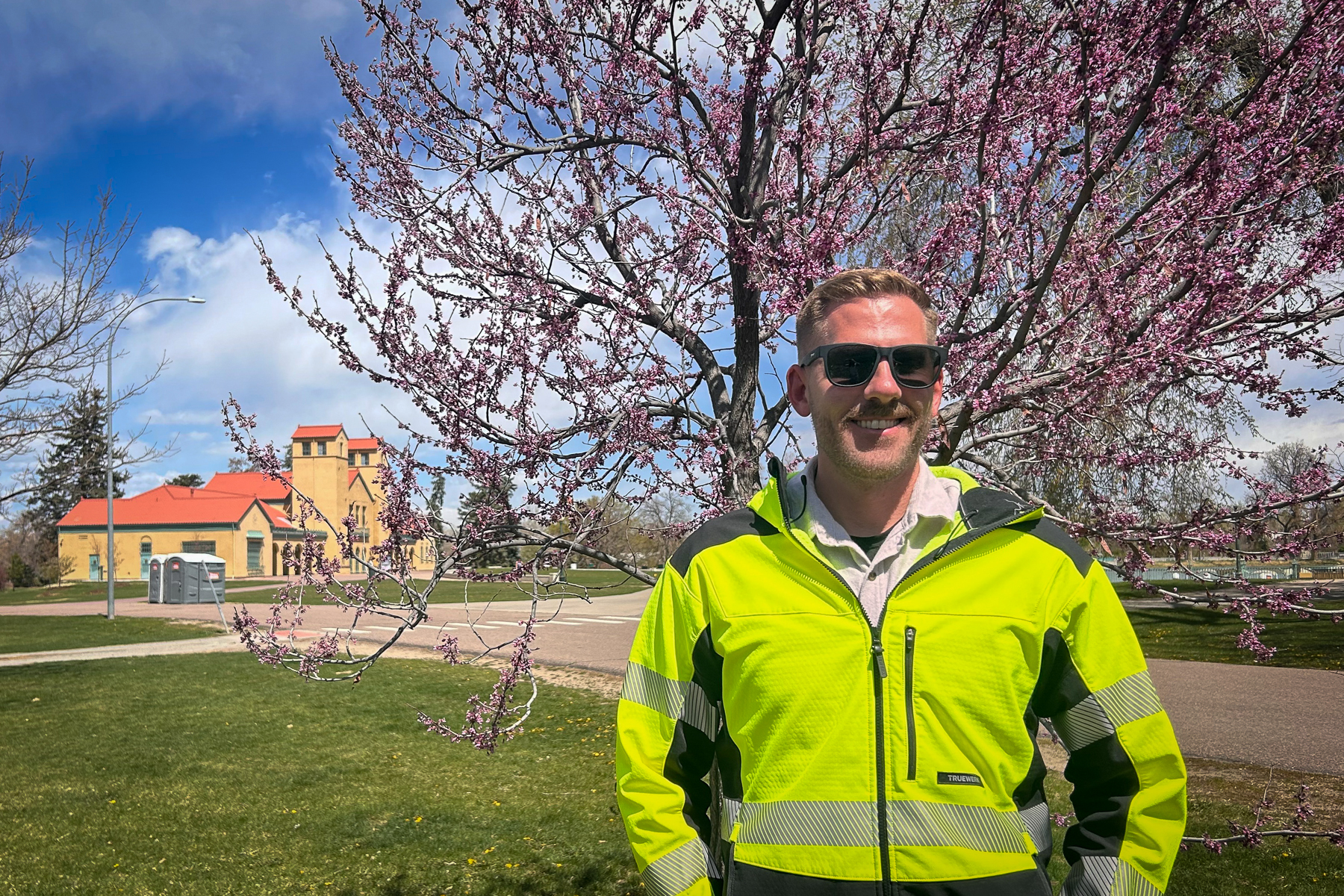
Why don’t Colorado cities plant more fruit trees so urbanites can enjoy free, fresh fruit?
Why do so many local cities steer clear of fruit-bearing trees? Well, there are a few reasons.
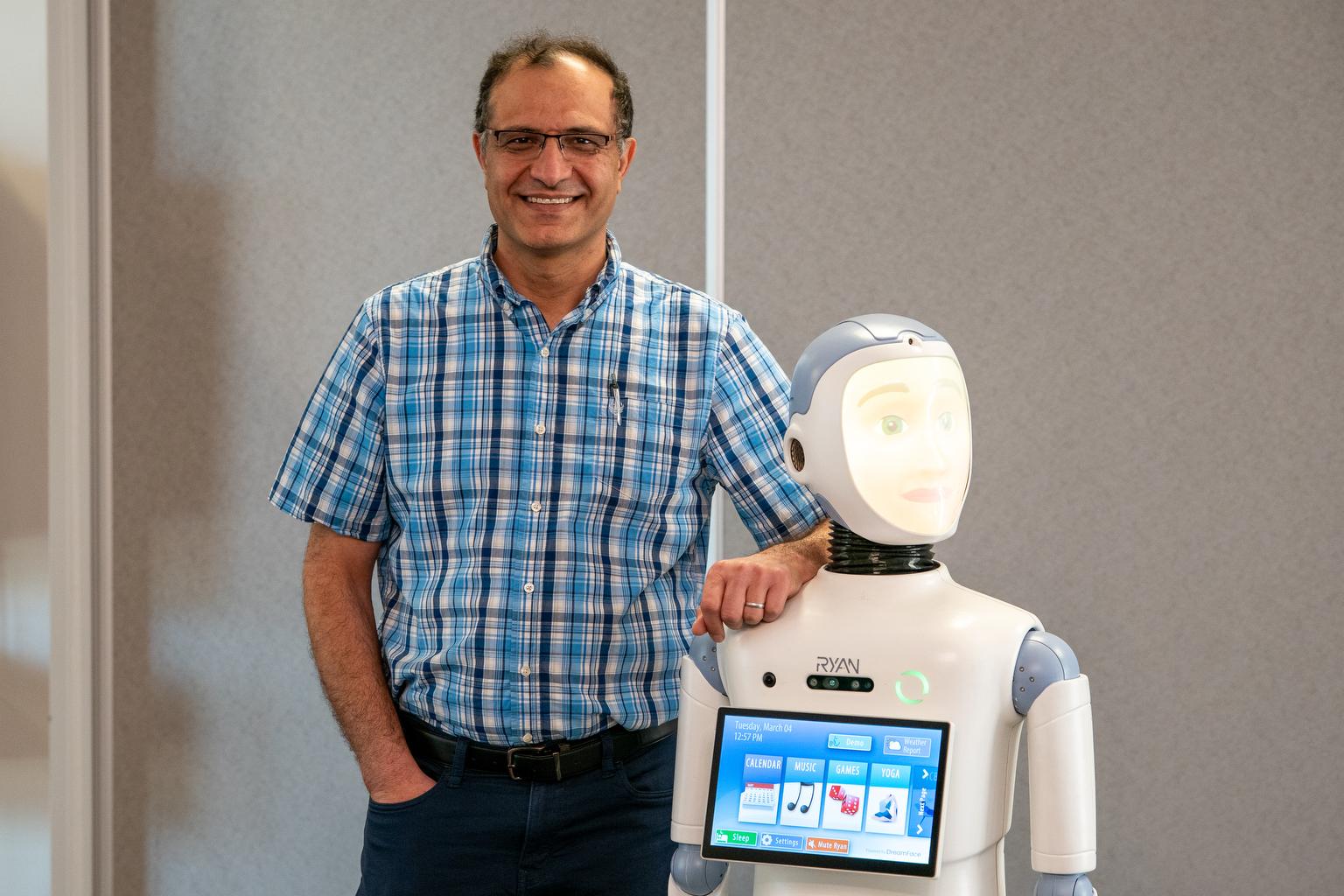
Can a social robot named Ryan help older people feel less lonely?
The robot is designed to be entertaining and educational, but more importantly, it’s programmed to respond to people’s emotions.
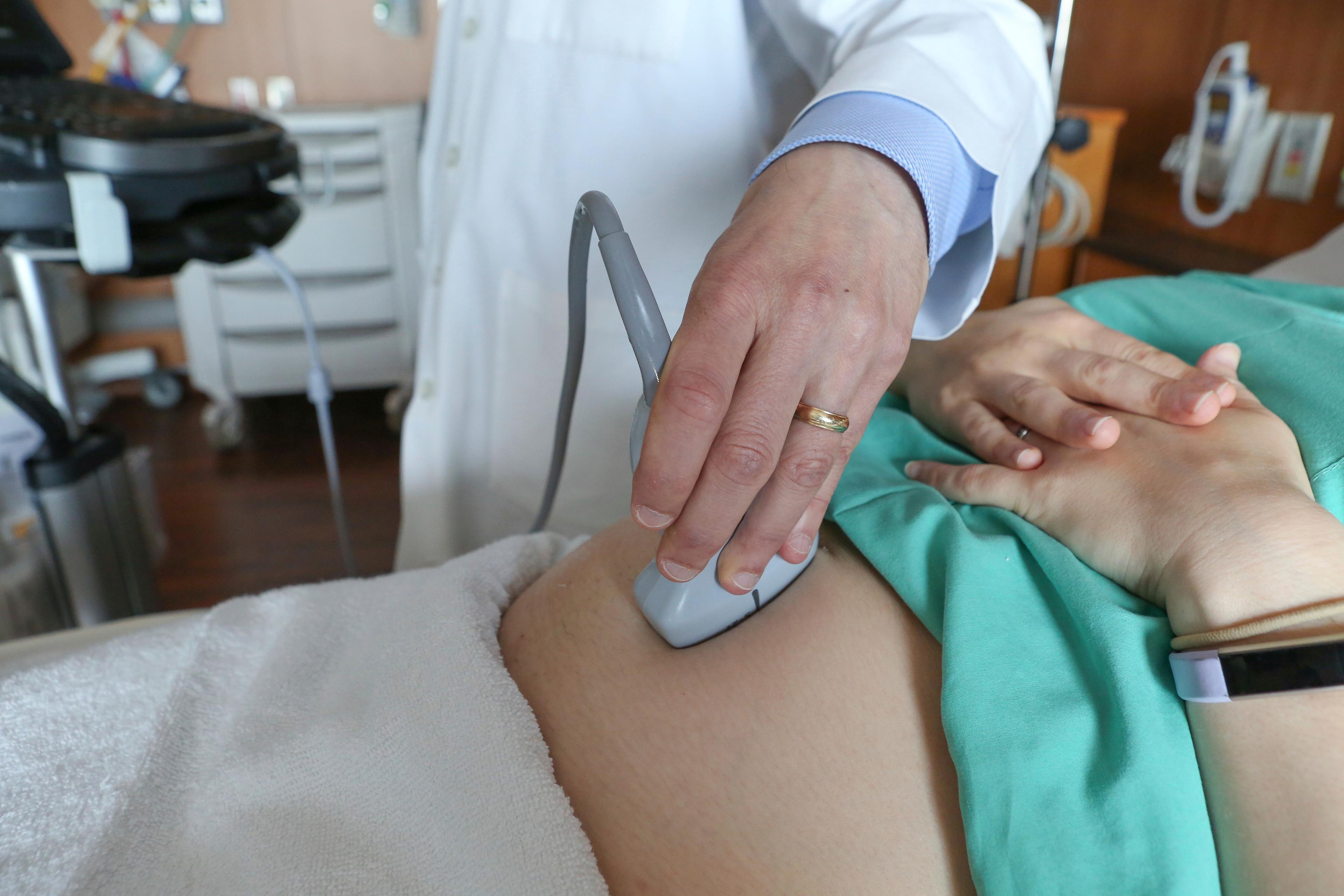
Psychedelic mushrooms could help with postpartum depression. Here’s how
The University of Colorado Anschutz is part of a national study looking at the potential benefits and risks of psilocybin treatment on new mothers.

A measles checkup: What to know with three cases confirmed in Colorado
A San Luis Valley family physician gives his take on the recent measles cases in Colorado and shares what he’s recommending to his patients.
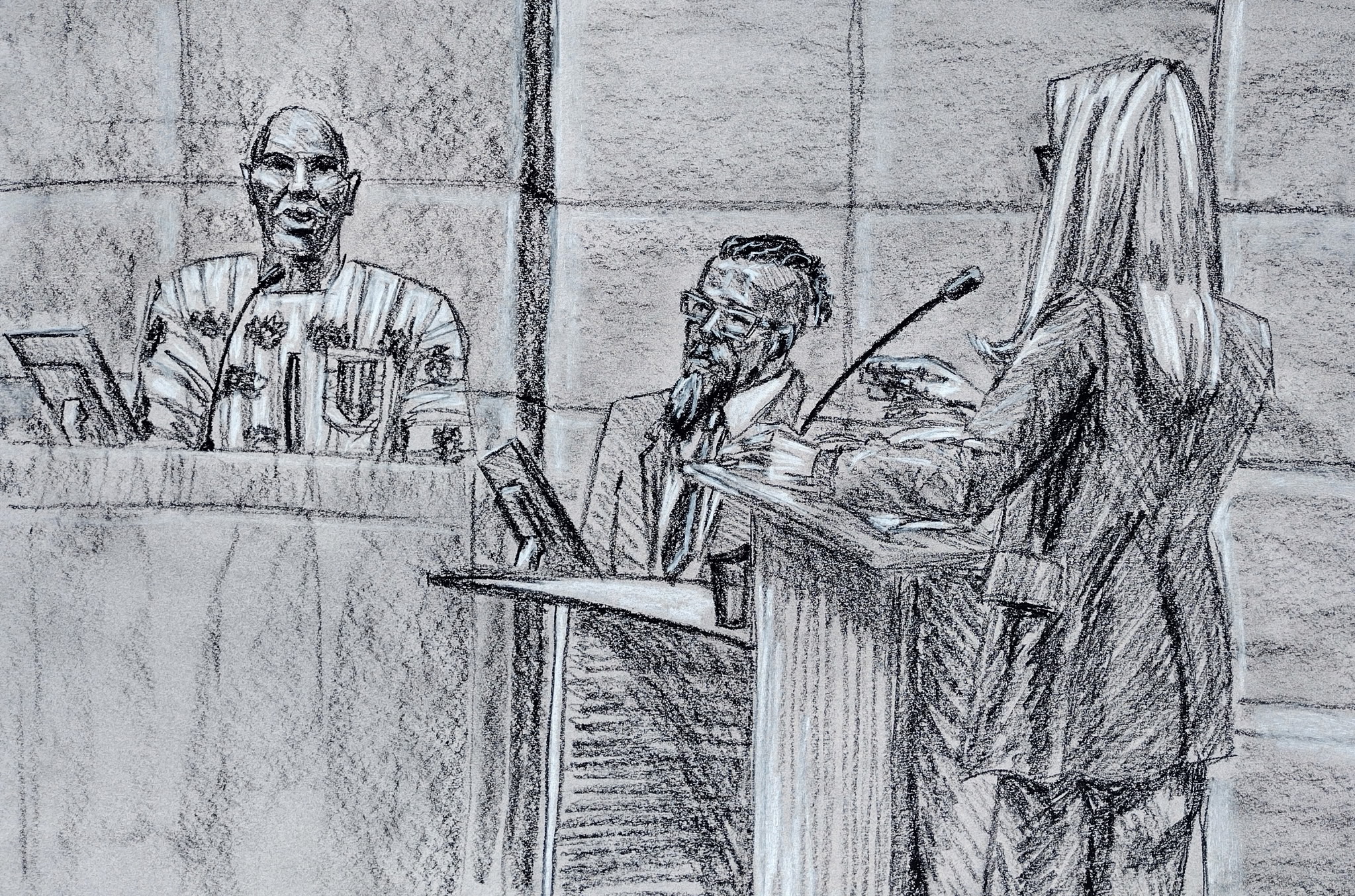
Trial underway in Denver of West African man accused of torture in his native country
This is one of a few cases that have been tried in the U.S. under a law allowing prosecutions for suspected torture in foreign countries and an international principle known as “universal jurisdiction.”

Denver-based Canadian diplomat says US tariffs will hurt Colorado companies that depend on trade with Canada
Sylvain Fabi, the Canadian Counsel General based in Denver, said if the trade war accelerates between the countries, Colorado businesses that depend on trade with Canada will suffer.
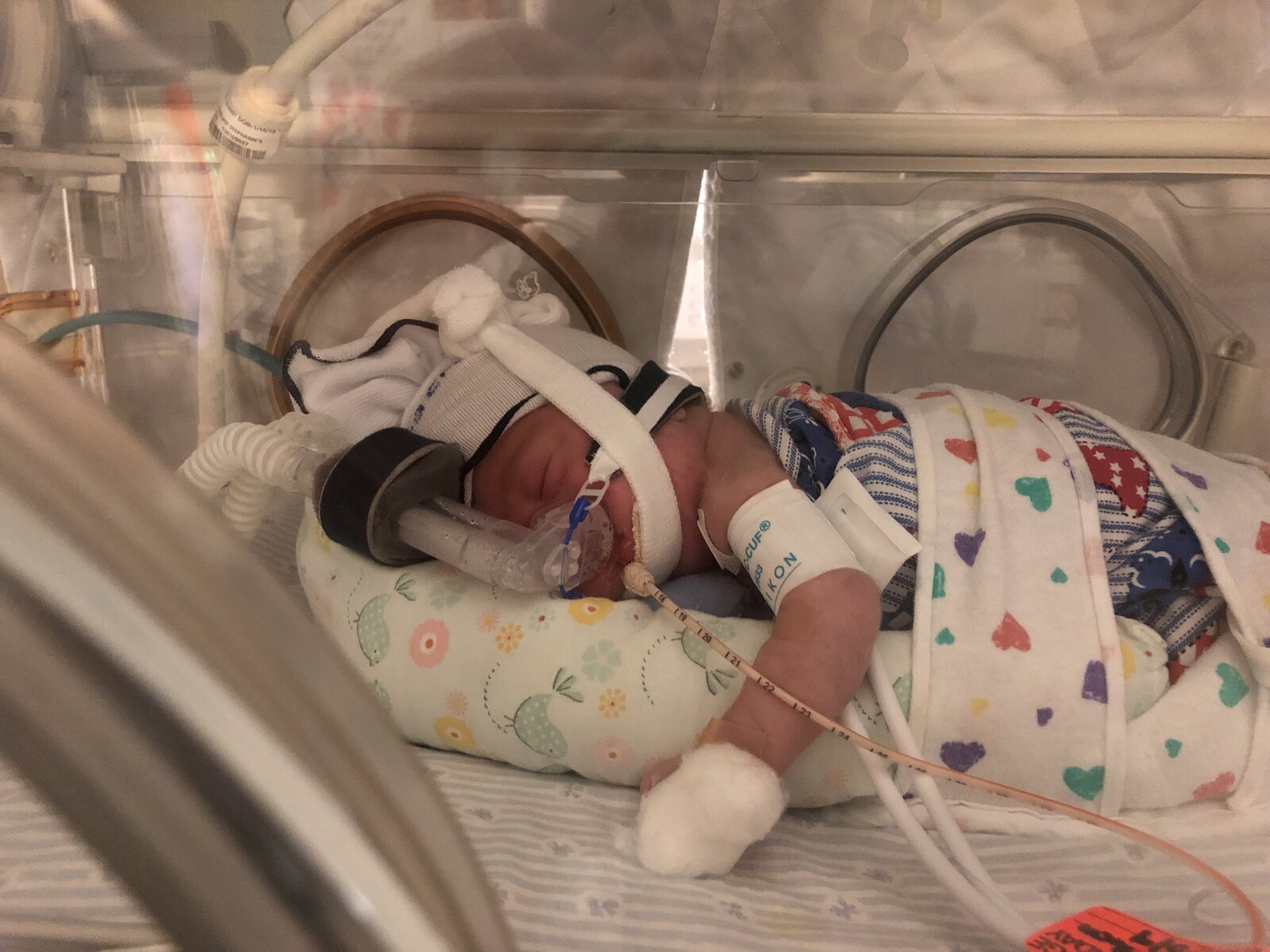
Colorado doctors say hope is growing for even the tiniest babies
There’s hope for Colorado’s tiniest babies, say doctors.

